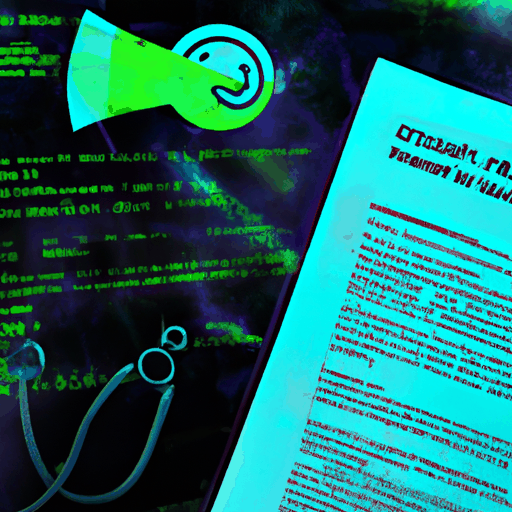
Understanding Crypto Whistleblower Protection in Financial Oversight
By: Eliza Bennet
The recent allegations raised by Senator Cynthia Lummis against the FDIC illuminate the critical concept of whistleblower protections in the realm of financial oversight, particularly concerning digital assets such as cryptocurrencies. Whistleblower protection is a fundamental policy that safeguards individuals who expose misconduct or illegal activities within organizations. In the crypto space, where regulatory frameworks are still evolving, ensuring that whistleblowers can freely report potentially unethical practices without fear of retaliation is paramount to maintaining transparency and integrity.
The crux of Senator Lummis's allegations pertains to claims of document destruction and staff suppression within the FDIC, particularly regarding their initiatives related to digital currencies like Bitcoin and Ethereum. In response to these accusations, the senator has called for immediate cessation and preservation of records related to the FDIC's digital asset oversight activities. This highlights the delicate balance regulatory bodies must maintain between implementing oversight and protecting the confidential channels through which potential misconduct can be reported.
Whistleblower protections can strengthen regulatory processes by encouraging a culture of honesty and accountability. They ensure that information critical to regulatory bodies, such as Congress in the case of the FDIC, reaches the necessary oversight committees without being stifled by threats of legal repercussions. In the context of the accelerating adoption of digital assets, these protections ensure that financial regulators like the FDIC remain accountable and transparent.
For further insights, you can review the detailed news article here.



